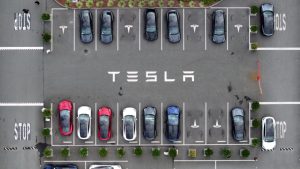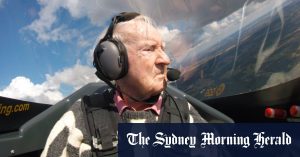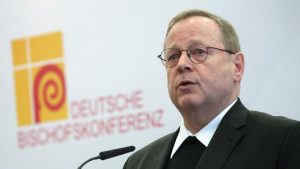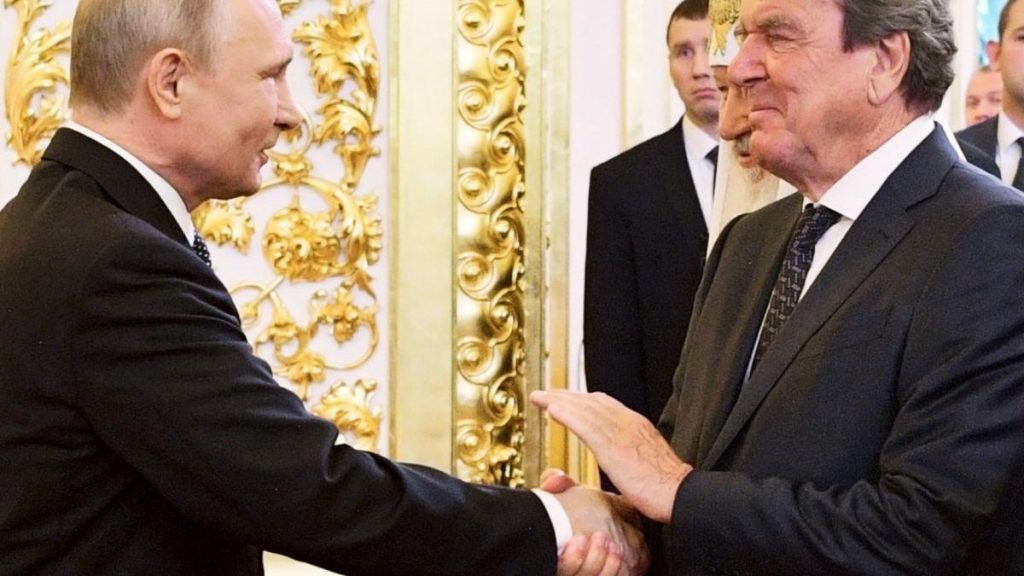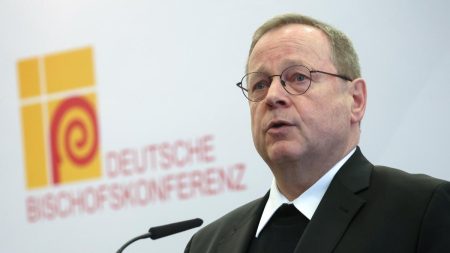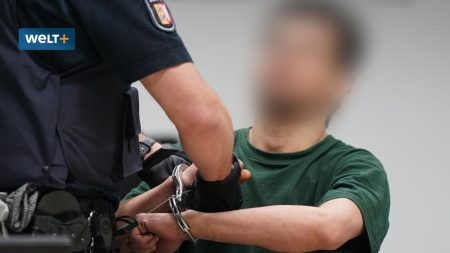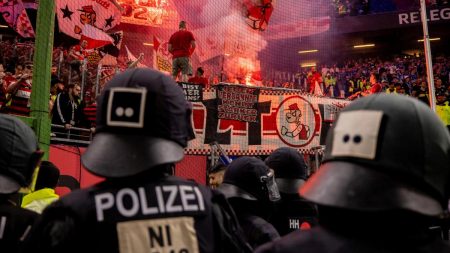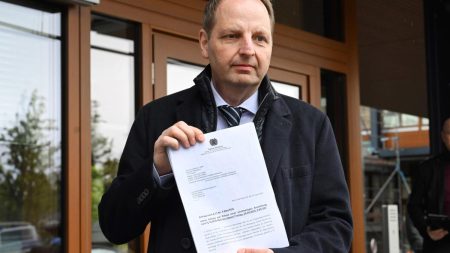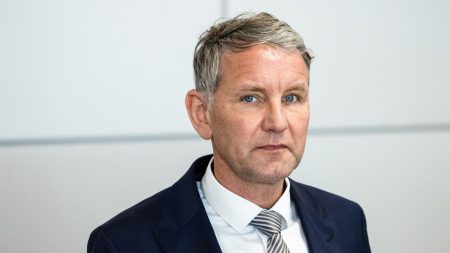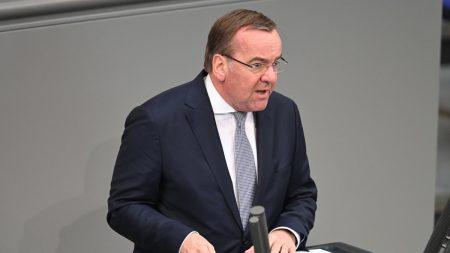Former German Chancellor Kreml Welcomes Schröder’s Offer to Help in Ukraine War
Former German Chancellor Gerhard Schröder is open to mediating in the Ukraine war once again. He believes his connection to Putin could still be useful, as they worked together rationally for many years. Schröder expressed this to the German Press Agency (DPA), hoping that his friendship with Putin could assist in finding a negotiating solution. The Kremlin has responded positively to Schröder’s statements, welcoming the possibility that his friendly ties to Russian President Vladimir Putin could be helpful in resolving the Ukraine conflict.
Kreml’s spokesperson Dmitry Peskov stated that constructive relationships on a personal level, such as the one between Putin and Schröder, could aid in addressing problems. Peskov highlighted that during Schröder’s time in office, their cooperation helped tackle difficult issues and ensure progressive developments in bilateral relations. Schröder believes that his friendship with Putin could contribute to ending the war in Ukraine. Despite describing the Russian attack on Ukraine as a “fatal mistake,” Schröder remains tied to Putin, a stance that has led to his exclusion by the SPD leadership.
Schröder has suggested a new mediation effort involving Germany and France at the government level to prevent a total defeat for either side. He dismissed speculations about Putin starting a nuclear war or attacking a NATO country on the eastern flank as nonsensical. Marie-Agnes Strack-Zimmermann, the chair of the Bundestag’s Defence Committee, criticized Schröder’s belief in his influence on Putin. She warned against overestimating oneself and stated that Schröder’s continued friendship with Putin, despite the ongoing conflict, raised concerns.
Schröder’s past mediation attempt in March 2022 following the Russian invasion of Ukraine failed, but he now advocates for a renewed effort on government level. He emphasizes the need to prevent escalation towards catastrophic scenarios and suggests serious consideration for conflict resolution to alleviate public anxiety. While Strack-Zimmermann doubts Schröder’s influence on Putin, the former Chancellor remains committed to utilizing his personal relationship with the Russian President to potentially contribute to ending the war and promoting peace talks.
As discussions unfold about Schröder’s involvement in mediating the Ukraine war and the complexities of his relationship with Putin, the international community continues to monitor the situation closely. Despite mixed reactions to Schröder’s offer to assist in finding a diplomatic solution, the potential impact of his efforts remains uncertain. The debate surrounding Schröder’s role in international relations and the ongoing conflict underscores the need for diplomatic initiatives and cooperation to address complex geopolitical challenges.



